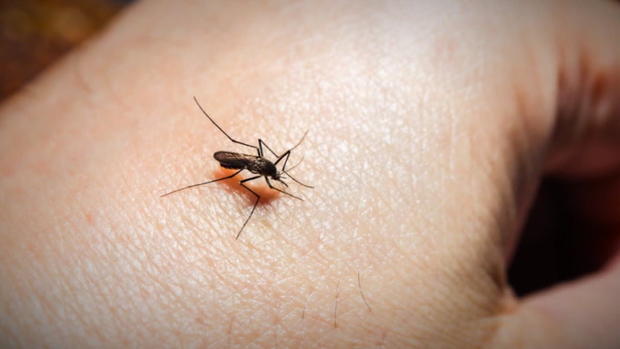Mosquitoes return in force to the Twin Cities
MINNEAPOLIS (WCCO) -- Most Minnesotans can agree that mosquitoes aren't welcome, especially this time of year. But wet and warm weather means the state's biggest summer pest is making its comeback.
"I think they're pretty useless," said St. Paul resident Vanna Hatsady.
Alex Carlson, public affairs manager with the Metropolitan Mosquito Control District, says calls have started to spike at the main office in St. Paul.
"[Mosquitoes are] very dependent on standing water for most of their life cycle, so they lay their eggs actually either in or right on the edges of an area like this," Carlson said, gesturing to water runoff area at Harriet Island Park in St. Paul. "This is designed to flood up after it rains."
After a colder-than-normal spring, the MMCD now has hit busy season.
"The past, you know, couple weeks it's gotten a lot warmer and we've gotten rain, so it's kind of the one-two punch there that's really made the mosquito numbers explode," Carlson said.
So, are there more mosquitoes this summer than normal?
"This year is a lot more mosquitoes than 2021, but about the same, actually a little less than 2020 for this time of year," he said.
It's still early. Some good news though, the number of cattail mosquito that come out annually around the Fourth of July are down this year.
"This year, I actually haven't really encountered them too, too much," Hatsady said. "I think mostly just because I stay in like the downtown area here in St. Paul."
For the greater Twin Cities area, some spots are worse than others.
"We're really seeing the northern metro is where it's the worst right now, just in terms of overall mosquito population, so we're pretty active up there," Carlson said.
There are 51 mosquito species in Minnesota. With others hitching a ride.
"There's a tire plant in Savage that we just find some weird, exotic species around because they come up in the tires," he said.
Carlson says DEET is widely tested and safe. For a more natural repellent, use Picaridin or oil of lemon eucalyptus.





